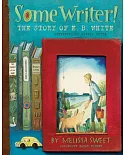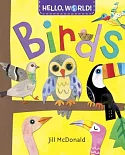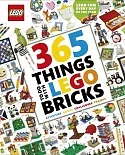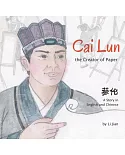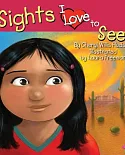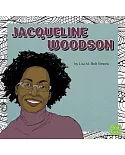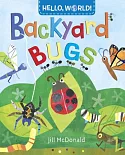In a compelling story and a series of elaborate illustrations on two-page spreads, a young Sioux girl tells about life on the Dakota grasslands during the 1860s and A'70s. Her name, Yellow
Leaf, was given to her because she was born in autumn, when the trees were bright with yellow leaves. All of the large color illustrations are embellished with flaps for young readers to lift
and see, for instanceA-
- Family life inside a tipi (or wigwam)
- A Sioux boy learning to hunt with bow and arrow
- Yellow Leaf and her sister sledding down a snowy slope
- White prospectors panning for gold on land belonging to the Sioux
Young readers learn about everyday activities in the Sioux camp, and find out how the SiouxA' lives were disrupted by white settlers between 1874 and 1876. The story ends on an elegiac
note, following the Sioux victory over General Custer at Little Big Horn. The military disaster prompted the U.S. Government to force the Sioux out of their home territory and onto
agenciesA-or reservations. But before their departure, Yellow Leaf and her brother leave their mark on their land by carving their family history on a large rock.


